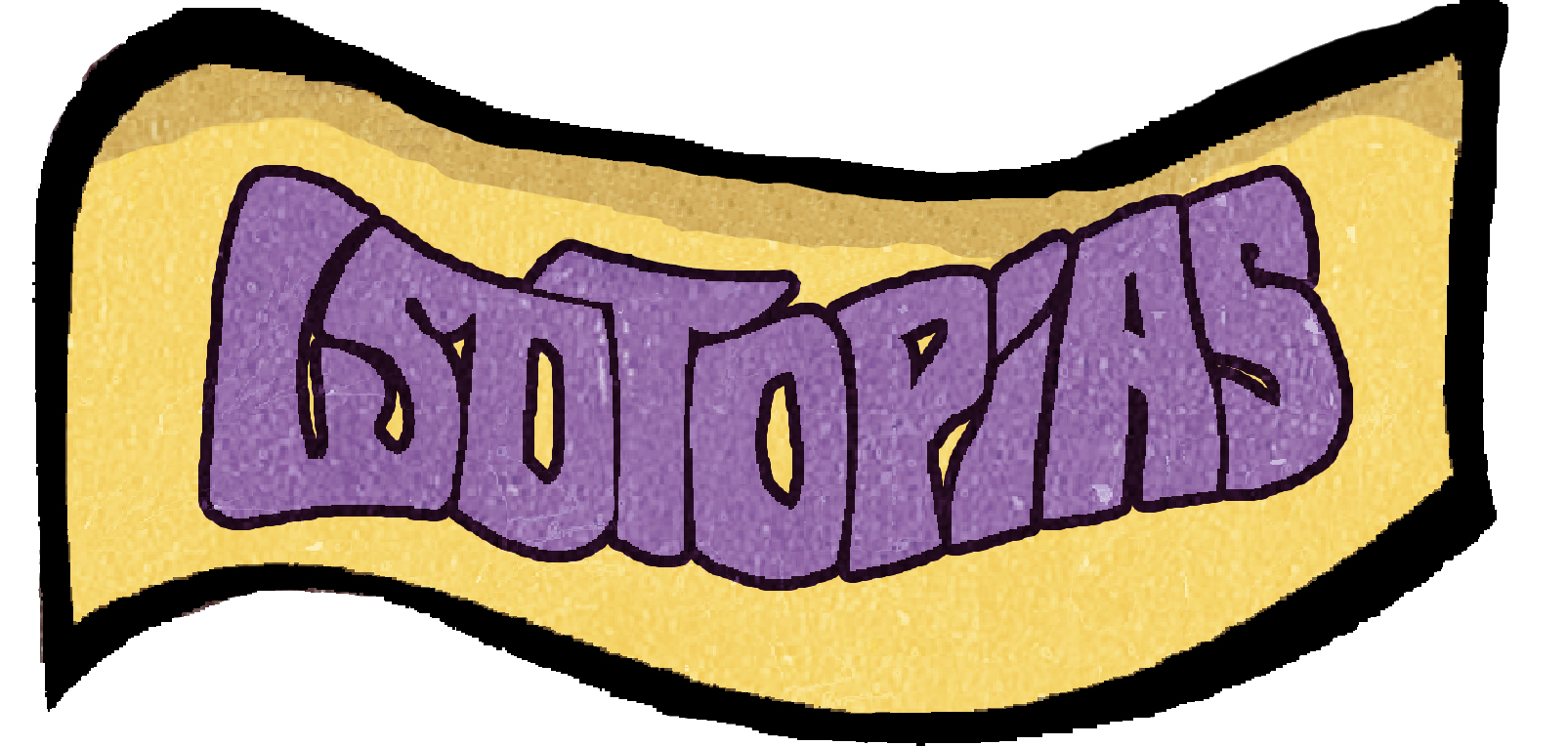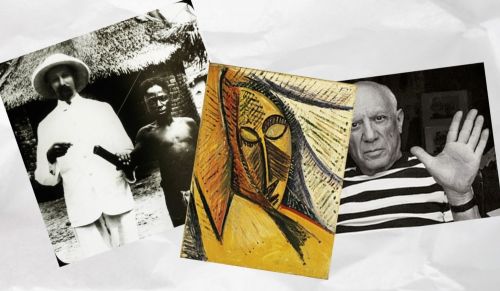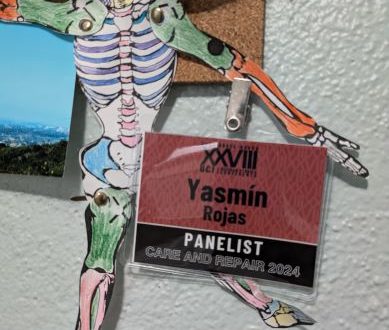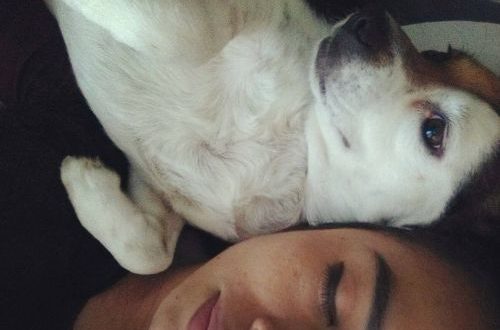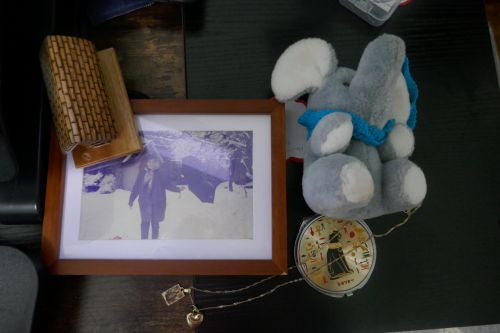
EL DOLOR QUE NO GRITA NO EXISTE / PAIN THAT DOESN’T CRY OUT DOESN’T EXIST
HACE unos días, una amiga me llamó con la voz quebrada: sufría una infección urinaria muy dolorosa y no tenía seguro médico. Decidí pedir una cita médica a mi nombre, obtener el medicamento y dárselo. Pero al enfrentarme al sistema, reviví una vieja lección aprendida en carne propia: para que nos escuchen, a veces hay que exagerar el dolor.
Fui a la clínica familiar. Me senté frente a una pasante, y, casi sin pensarlo, dejé que las palabras salieran: hablé de un ardor insoportable, de una orina turbia, de un olor acre que se quedaba pegado en el aire.Exagerar era instinto. Era memoria.
Fue un acto de supervivencia, aprendido años atrás en los hospitales de Manhattan, donde mi madre, mujer migrante, mexicana y sin inglés, me enseñó a amplificar mis dolores para no ser ignorada. “Di que te duele mucho”, me susurraba en las salas de urgencias, donde la indiferencia era la norma para quienes, como nosotras, no encajábamos en las prioridades de un sistema desigual.
En aquel tiempo, apenas entendía el mundo. Ahora, en mi adultez, reconozco todo lo que esas visitas al hospital nos revelaron: un sistema de salud que solo responde al grito extremo; un mundo donde el racismo, el clasismo y el desprecio eligen a quién curar y a quién olvidar; una herencia de supervivencia donde aprendimos que el dolor moderado no mueve montañas, ni puertas, ni corazones.
No fue un hecho aislado. Es el rostro cotidiano de la pobreza, de la migración, del racismo que atraviesa los días y los cuerpos. La salud ya no es un derecho: es un privilegio, reservado para quienes pueden pagarlo o demostrarlo entre lágrimas.
Esta vez, tampoco funcionó, pues exageré tanto que me enviaron a urgencias. No conseguí el medicamento para mi amiga. Y en esa pequeña derrota cotidiana, sentí la magnitud del problema: resistir solas no basta. Necesitamos imaginar, empujar, construir un mundo donde el dolor no tenga que gritar para existir. Un mundo donde la dignidad no sea un lujo, sino la respiración misma de la vida.
Regresé a casa, llevando en los hombros no solo la frustración del día, sino también el peso silencioso de todo lo que mi madre tuvo que sufrir para protegerme. Y en ese peso, en ese recuerdo, supe que resistir también es, de algún modo, honrarla.
*
A FEW DAYS AGO, a friend called me, her voice was trembling: she was suffering from a painful urinary infection and had no health insurance. I decided to book a doctor’s appointment under my name, get the medication, and give it to her. But as I faced the system, I revived an old lesson learned in my own flesh: to be heard, sometimes you must exaggerate the pain.
I went to the family clinic, sat across from a medical intern and, almost without thinking, let the words pour out: I spoke of an unbearable burning, of cloudy urine, of a sharp, lingering smell in the air. Exaggerating was instinct. It was memory.
It was an act born of survival, learned years ago in the hospitals of Manhattan, where my mother—a migrant woman, Mexican, without English— taught me to amplify my pain so as not to be ignored. “Say it hurts a lot,” she would whisper in emergency rooms where indifference was the norm for those, like us, who never fit into the priorities of an unequal system.
Back then, I barely understood the world. Now, in adulthood, I recognize what those hospital visits revealed: a healthcare system that only responds to the extreme cry; a world where racism, classism, and contempt choose who gets healed and who gets forgotten;
an inheritance of survival, where we learned that moderate pain moves no mountains,
opens no doors, stirs no hearts.
It wasn’t an isolated event. It is the everyday face of poverty, migration, of the racism that cuts through days and bodies. Health is no longer a right: it is a privilege, reserved for those who can pay for it, or prove it through tears.
This time, it didn’t work either— I exaggerated so well they sent me to the ER.
I couldn’t get the medicine for my friend. And in that small defeat, I felt the vastness of the problem: resisting alone is not enough. We need to imagine, to push, to build a world where pain doesn’t have to scream to be believed. A world where dignity is not a luxury, but the very breath of life.
I returned home, carrying on my shoulders not just the day’s frustration, but the silent weight of all my mother had endured to protect me. And in that weight, in that memory, I understood that to resist is also, somehow, to honor her.


